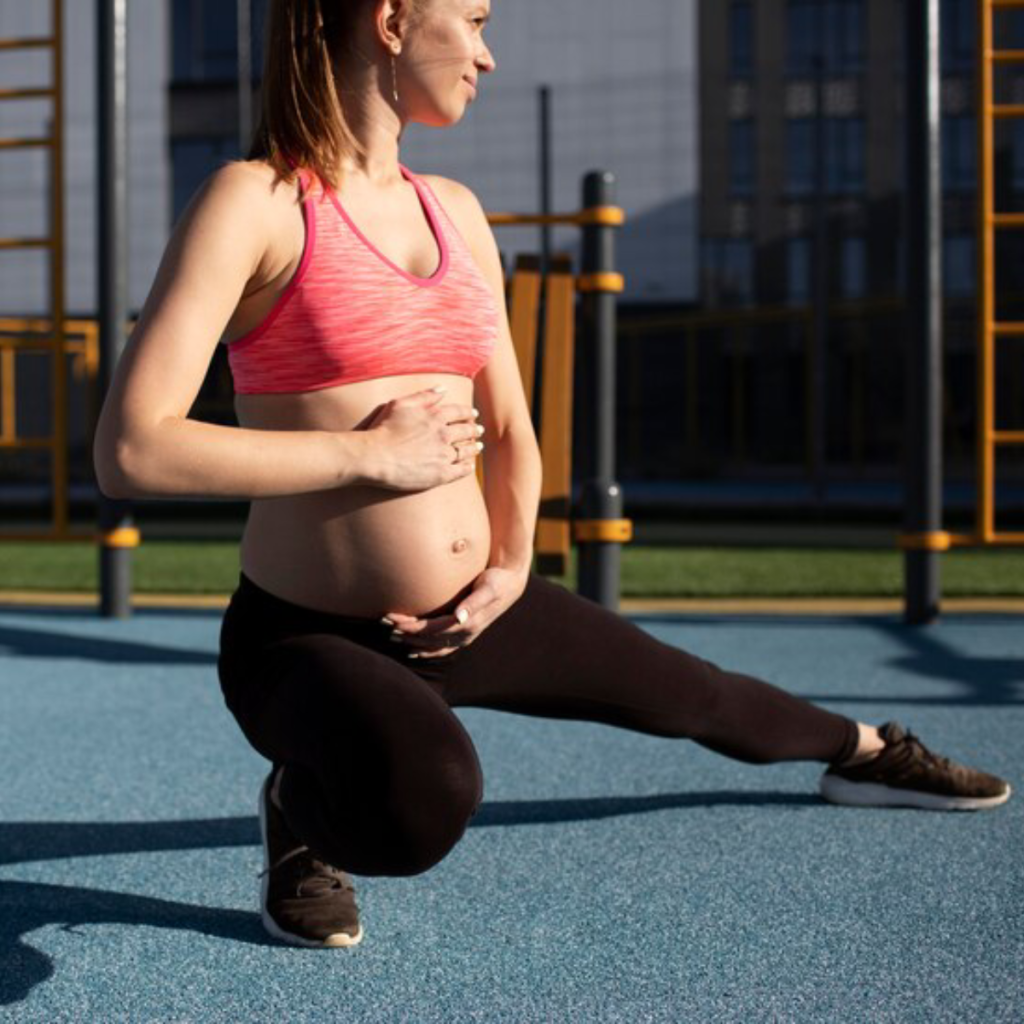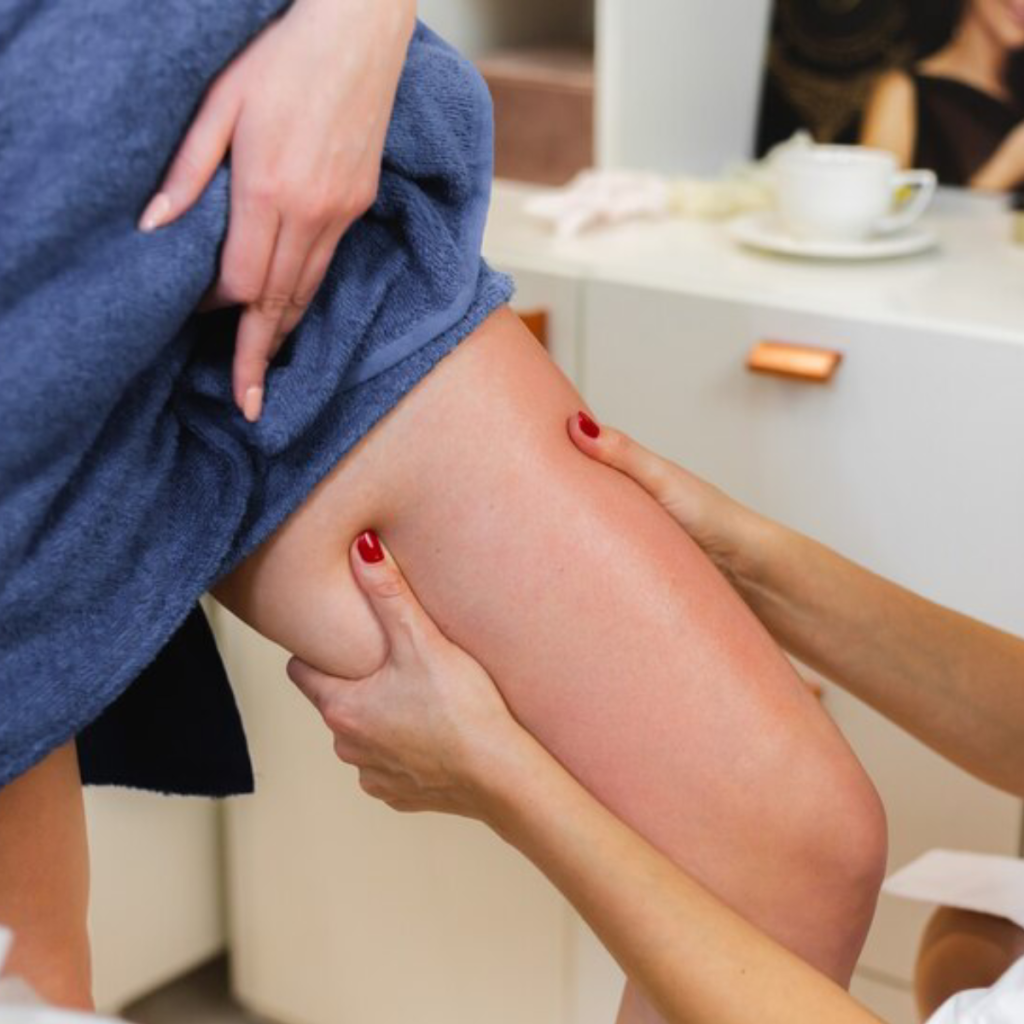Learn how shoe size and foot swelling can affect back pain during pregnancy.
How Does Shoe Size and Foot Swelling Impact Back Pain During Pregnancy?
If you’ve ever been pregnant or known someone who has, you’re probably well aware of the various discomforts and ailments that can come with the territory. From morning sickness to swollen ankles, pregnancy can bring its fair share of challenges. One issue that many expectant mothers may not consider, but can have a significant impact on their overall well-being, is back pain. Surprisingly, shoe size and foot swelling play a crucial role in this discomfort. In this article, we’ll delve into the intriguing connection between these factors and explore ways to alleviate the associated back pain.

Understanding the Connection Between Foot Swelling and Back Pain
Before we jump into the details, let’s grasp the fascinating link between foot swelling and back pain. During pregnancy, hormonal changes cause the body to retain more water, leading to fluid accumulation in the tissues. This excess fluid can pool in the feet, causing them to swell. As the feet expand, they may no longer fit comfortably in shoes, leading to a change in shoe size. Unfortunately, when shoe size alters, which may not be a cause for concern in normal circumstances, it can magnify the back pain experienced during pregnancy.
The Science Behind Foot Swelling During Pregnancy
So, why exactly do our feet turn into puffy clouds during this time? Blame it on a hormone called relaxin. This mighty hormone is responsible for relaxing the ligaments in the pelvic region to accommodate the growing baby and prepare the body for childbirth. However, relaxin doesn’t stop there – it also affects the rest of the body. By loosening the ligaments in the feet and ankles, relaxin allows them to expand and accommodate the increased fluid volume. Consequently, foot swelling becomes par for the course during pregnancy.
But what happens inside our bodies when foot swelling occurs? The increased fluid volume in the feet puts pressure on the blood vessels, making it harder for blood to flow back up to the heart. This can result in poor circulation, which further contributes to the swelling. Additionally, the expanded feet may compress nerves, leading to discomfort and pain.
How Foot Swelling Contributes to Back Pain
Now, you might be wondering, how does foot swelling impact back pain? Well, when our feet swell, they cause changes in our posture and walking gait. These alterations can throw off our center of gravity, leading to added stress on the lower back. Furthermore, ill-fitting shoes due to swollen feet can alter the distribution of body weight on our feet, making it more challenging to maintain a healthy posture. These factors, combined with the already strained and stretched ligaments in the lower back during pregnancy, can contribute to increased back pain.
But the connection between foot swelling and back pain doesn’t end there. The swelling in the feet can also lead to inflammation and irritation of the surrounding tissues, including the muscles and ligaments in the lower back. This inflammation can exacerbate existing back pain or even trigger new discomfort.
Moreover, the hormonal changes during pregnancy not only cause foot swelling but also affect the elasticity of the connective tissues in the back. This reduced elasticity can make the back more susceptible to strain and injury, further intensifying the back pain experienced by pregnant individuals.
The Role of Shoe Size in Pregnancy-Related Back Pain
Now that we understand the connection between foot swelling and back pain, let’s explore how shoe size specifically plays a role in pregnancy-related discomfort.
During pregnancy, a woman’s body goes through numerous changes, including weight gain and hormonal shifts. These changes can lead to various discomforts, including back pain. However, what many may not realize is that the size of a woman’s shoes can also contribute to this discomfort.
The Importance of Proper Footwear During Pregnancy
Wearing the correct footwear is crucial for pregnant women, not only to address foot swelling but also to alleviate back pain. As the body adjusts to the growing baby, the feet often experience swelling due to increased fluid retention. This swelling can lead to discomfort and pain, which can then radiate up to the lower back.
Investing in shoes that have adequate arch support, cushioning, and room for expansion is essential. The arch support helps maintain proper alignment of the feet, reducing strain on the back. Cushioning provides additional comfort and shock absorption, minimizing the impact on the spine. And having room for foot expansion accommodates the natural swelling that occurs throughout the day.
Additionally, pregnant women should look for shoes with adjustable features like straps or laces. These features allow for customization and can accommodate changes in foot size as the day progresses. This is particularly beneficial for pregnant women who may experience more significant foot swelling later in the day.
On the other hand, it is crucial to avoid high heels or shoes with narrow toe boxes during pregnancy. These types of shoes can exacerbate foot swelling and strain the lower back. High heels alter the body’s center of gravity, putting additional pressure on the spine and increasing the risk of back pain. Narrow toe boxes can compress the toes and restrict blood flow, leading to discomfort and potential complications.
How Incorrect Shoe Size Can Exacerbate Back Pain
Choosing the wrong shoe size during pregnancy can be a recipe for disaster. Not only will tight or ill-fitting shoes compress swollen feet, but they can also place unnecessary strain on the lower back. When the feet are constricted, the body compensates by altering its posture, which can lead to misalignment of the spine and increased back pain.
It’s essential to prioritize comfort and allow room for foot expansion when selecting footwear. Remember, pregnancy is not the time for fashion over function. While it may be tempting to wear stylish shoes, opting for supportive and well-fitting shoes is crucial to keep both your feet and back happy.
When shopping for shoes during pregnancy, it is advisable to have your feet measured by a professional. This will ensure that you get the correct size and width to accommodate any changes that may occur during pregnancy. It’s also important to try on shoes later in the day when your feet are likely to be more swollen, as this will give you a better idea of how they will fit throughout the day.
In conclusion, shoe size plays a significant role in pregnancy-related back pain. By wearing the correct footwear, pregnant women can alleviate discomfort, reduce the risk of back pain, and promote overall well-being. So, when it comes to shoes during pregnancy, remember to prioritize comfort, support, and room for expansion to keep both your feet and back happy.
Preventive Measures to Minimize Back Pain
Fortunately, there are several preventive measures that expectant mothers can take to minimize back pain related to foot swelling. Let’s explore some practical tips to keep your feet and back in optimal shape during this transformative time.
During pregnancy, the body undergoes numerous changes, including hormonal shifts and weight gain. These changes can put additional stress on the back and feet, leading to discomfort and pain. By following these preventive measures, you can alleviate some of the strain and promote overall well-being.
Tips for Choosing the Right Shoe Size During Pregnancy
- Measure your feet regularly: As foot swelling can fluctuate throughout the day, measure your feet in the afternoon or evening when they are at their largest.
- Don’t rely solely on shoe size: Different brands and styles may have variations in sizing, so use your measurements as a guide rather than relying solely on the number.
- Consider half sizes or wide widths: If your regular shoe size feels snug due to foot swelling, consider trying half sizes or wide widths for a more accommodating fit.
- Choose supportive footwear: Opt for shoes with good arch support and cushioning to provide stability and reduce the impact on your feet and back.
- Avoid high heels: High heels can alter your posture and increase the strain on your back. Opt for low-heeled or flat shoes instead.
By following these tips, you can ensure that your feet are comfortable and well-supported throughout your pregnancy, minimizing the risk of back pain and foot swelling.
Effective Ways to Manage Foot Swelling
- Elevate your feet: Prop up your feet whenever possible to reduce swelling. Aim to elevate your feet at or above the level of your heart. This position helps to improve blood circulation and reduce fluid retention.
- Wear compression socks or stockings: These can help promote circulation and reduce swelling in the feet and ankles. Compression garments apply gentle pressure to the lower extremities, preventing fluid buildup.
- Stay hydrated: Drinking plenty of water can help flush out excess fluids from the body, reducing swelling. Aim to drink at least eight glasses of water per day to maintain proper hydration.
- Avoid prolonged periods of sitting or standing: Moving your body periodically can help improve circulation and prevent fluid from pooling in the lower extremities. Take short walks, perform gentle stretches, or engage in low-impact exercises to keep your blood flowing.
- Apply cold compresses: If you experience significant swelling, applying cold compresses to your feet can provide relief. The cold temperature constricts blood vessels, reducing inflammation and swelling.
By incorporating these effective strategies into your daily routine, you can manage foot swelling and minimize discomfort during pregnancy. Remember to consult with your healthcare provider for personalized advice and recommendations.
Medical Interventions for Back Pain and Foot Swelling
While preventive measures are beneficial, sometimes additional medical intervention may be necessary to manage pregnancy-related back pain and foot swelling.
When to Seek Medical Help
It’s essential to consult with your healthcare provider if you experience severe or persistent back pain that interferes with your daily activities or if foot swelling becomes excessive and sudden. These symptoms could signal a more serious underlying condition requiring medical attention.
Treatment Options for Pregnancy-Related Back Pain and Foot Swelling
Your healthcare provider may recommend various treatment options based on your specific situation. These can range from physical therapy exercises and stretches to relieve back pain, to medications or compression garments to manage foot swelling. Always follow the guidance of your healthcare provider to ensure both you and your baby’s well-being.

The Long-Term Effects of Foot Swelling and Back Pain During Pregnancy
Although foot swelling and back pain during pregnancy are typically temporary, it’s essential to be aware of potential long-term effects.
Potential Post-Pregnancy Foot and Back Issues
In some cases, the ligaments and tissues in the feet and back may not fully return to their pre-pregnancy state, leading to lingering issues. These can include flat feet, arch pain, and persistent back pain. Taking steps to address foot swelling and back pain during pregnancy can help minimize the risk of long-term complications.
Importance of Post-Pregnancy Foot Care and Back Pain Management
Once you’ve welcomed your little bundle of joy, don’t neglect your own well-being. Pay attention to your feet and back, and seek appropriate post-pregnancy care if necessary. Maintain proper foot hygiene, wear supportive footwear, and consider seeking professional guidance if you continue to experience discomfort. Remember, taking care of yourself is not a luxury—it’s a necessity.
Conclusion
In conclusion, shoe size and foot swelling can significantly impact back pain during pregnancy. Understanding the connection between these factors empowers expectant mothers to take proactive steps in managing their discomfort. By prioritizing proper footwear, implementing preventive measures, and seeking appropriate medical intervention when needed, pregnant women can mitigate the effects of foot swelling on back pain, allowing them to focus on the joys of pregnancy. Let’s take care of our feet and backs, for they carry us through the journey of motherhood with love and grace.



